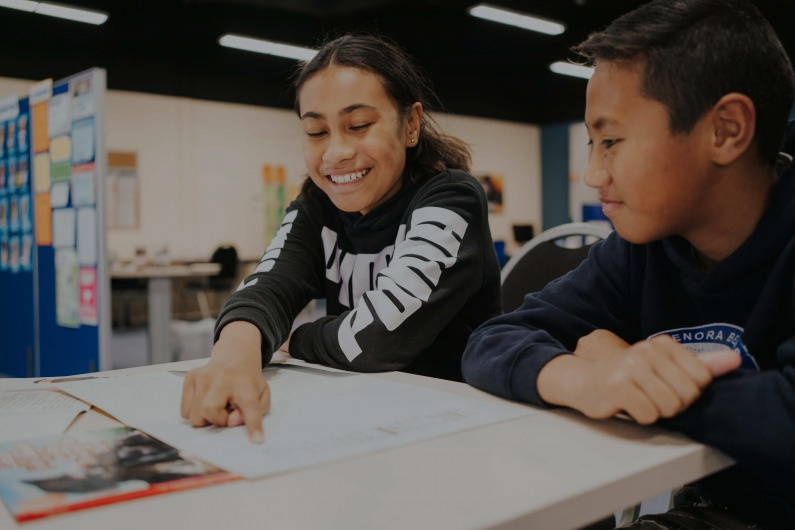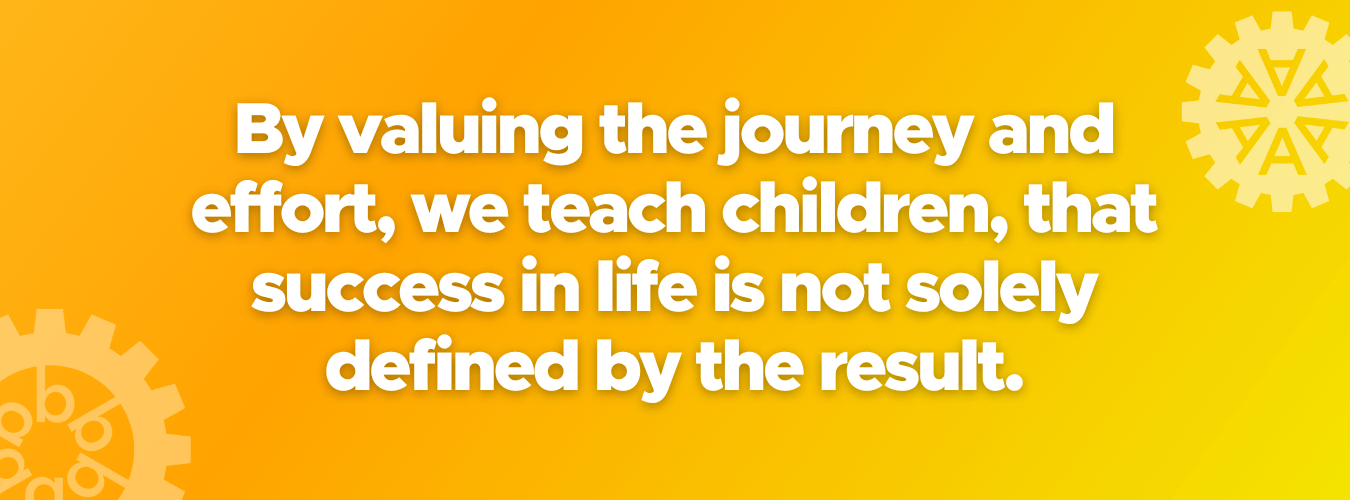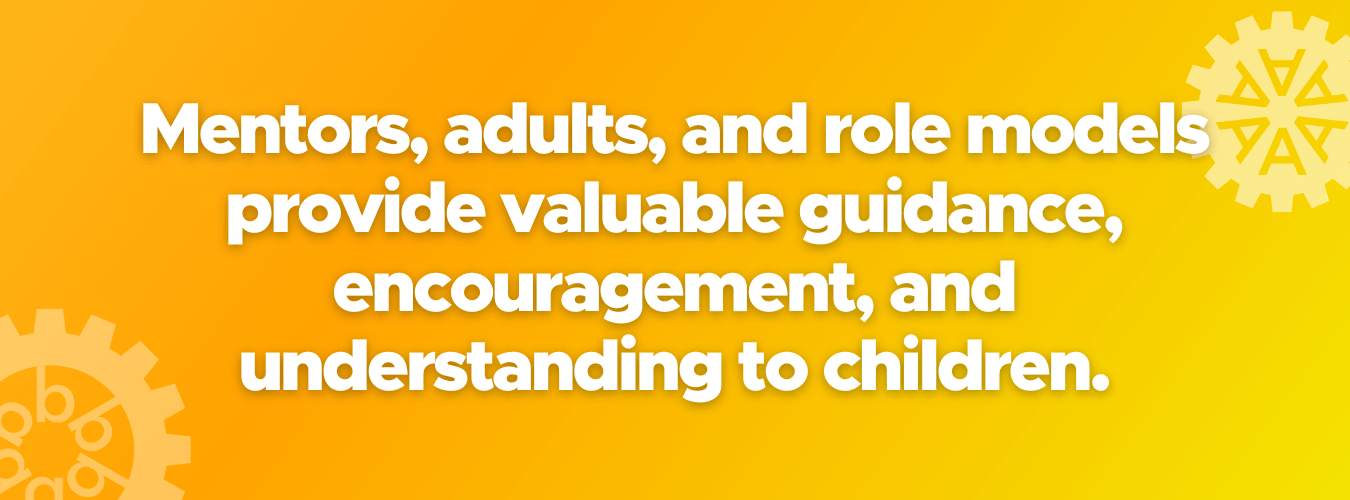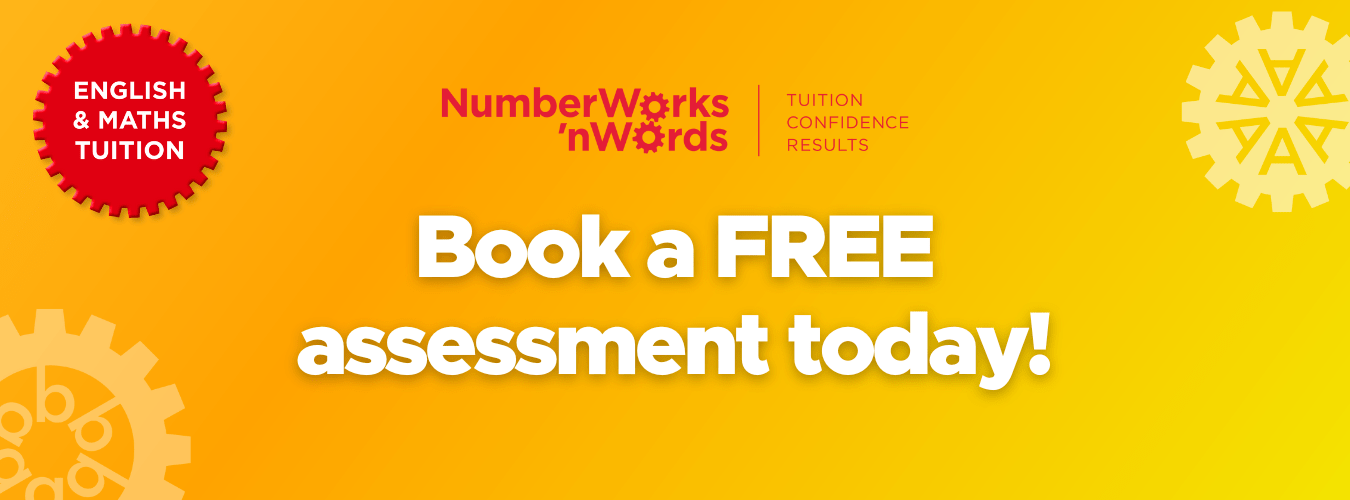How to Build Confidence in Children

Confidence is instrumental to a child’s learning and development. Children who are confident in themselves dare to try new things, feel proud of what they can achieve, and are resilient when coping with setbacks. Confidence is a key driver of success, which is why children need to be confident in themselves and their abilities. As parents and educators, we know there are useful ways to boost our children’s confidence and self-esteem. Read on to discover three ways you can help your child build their confidence.
Confidence in kids doesn’t always come easy. Some children might inherit natural confidence or have confident role models, while others may need that extra boost. As long-time educators, we know the key to a child’s success is confidence. We must help our children build confidence in themselves and their abilities to succeed in and out of school.
Building confidence can help children become resilient learners, increase their motivation, boost their confidence, have good self-worth and a good sense of self-esteem, and improve their self-esteem. This blog explores the benefits of building confidence in children. Read on to learn more.
Is your child struggling to keep up with schoolwork? Are they falling behind? Are they bored in class? Or are you looking for extension work for your child? Check out our eBook to learn more about how we help your child improve academically and build confidence through our in-centre after-school tuition.
Embrace Imperfection
It’s perfectly fine to not be perfect. As much as we want our children to succeed, it is important to remember that success comes with challenges and setbacks. As parents, we have a natural tendency to protect our children from failure; however, trial and error is how children learn. Instead of helping your child avoid failure and obstacles that come their way, help them see that everyone makes mistakes.
Allow your child to fail and make mistakes, and most importantly, teach them to learn from them and to get back up and try again. This will help your child become a confident and resilient learner who isn’t afraid to fail and can take setbacks in stride.
Celebrate Effort and Success
Celebrating your child’s effort and success is a great way to give children a boost in self-confidence, as it shows them that their hard work is acknowledged. They are more than just feel-good moments for praising kids; they are moments that can instil confidence and motivation and nourish their growth.
There are a variety of ways you can celebrate your child’s success, whether it’s through rewards, positive reinforcements, or daily recognition. Acknowledging and letting your child’s accomplishments shine, gives them confidence, high self-esteem, and motivation to take steps towards their goals and continue to strive for success.
As they age and children grow up, each journey they embark on is an important step towards reaching their destination. Children will experience highs and lows in life, so adults need to teach them the importance of appreciating and recognising their efforts, regardless of whether they win or lose.
In a football game, for example, your child may score a goal or they might kick the ball out of bounds, but make sure to celebrate and applaud them for all their efforts. This teaches your child to consistently try hard and not give up, builds inner confidence and leads young children to success.

Treat Mistakes as Building Blocks
Mistakes and failure can be demotivating and disheartening for children. We view mistakes as something that should be avoided, but in fact, mistakes are opportunities for young children to learn, grow, and show how to build confidence in children.
Allow your young child to make mistakes now and then, and treat them as a learning curve by helping them understand how they and other children can learn from mistakes and overcome disappointments. These "uh-oh" moments are valuable opportunities to cultivate confidence and resilience in young children and significant adults, especially by educating our children not to fear failure.
Positive Affirmation and Praise
There is nothing more affirming than being told you’re doing well. Positive affirmations are simple, daily reminders that inspire and build confidence. Pay attention to what your child does well or enjoys, and make sure you express how proud you are of them through positive praise or affirmations.
For example, if your child achieves a good grade at school, you could say to them, "I am so proud of you and what you’ve achieved". Affirmations and praise can help strengthen a child's self-esteem and nurture a positive mindset by boosting their confidence in themselves and their ability to achieve goals.

Focus on Strengths
As educators, we know how important it is to address gaps in skills and weaknesses in children. Acknowledging their strengths is just as important as addressing their weaknesses, so ensure that you are paying attention to what your child excels at and enjoys. Whether it’s a hobby or a subject at school, focusing on strengths enables children to feel good about themselves and helps foster confidence.
Foster a Growth Mindset
Teaching children to adopt a growth mindset can have a significant impact on their confidence. Help them understand that their abilities and intelligence can be developed through effort, practice, and learning from mistakes. Encourage them to view challenges as opportunities for growth and to embrace the learning process. By emphasising the importance of effort and perseverance rather than focusing solely on outcomes, you can help your child develop resilience and confidence in their ability to overcome obstacles and continuously improve.
Encourage Self-Reflection and Goal-Setting
Teaching children to reflect on their achievements and set goals for themselves can greatly contribute to building their confidence. Encourage your child to take time to reflect on their past accomplishments and identify what they did well.
This self-reflection can help them recognise their strengths and boost their confidence. Additionally, help your child set realistic goals that they can work towards. When they achieve these goals, it reinforces their belief in their abilities and fosters a sense of accomplishment.

Provide Opportunities for Leadership and Responsibility
Giving children opportunities to take on large tasks or responsibilities can be a powerful way to build their confidence. Whether it's leading a group project, organising a family event, doing household chores, or taking charge of a household chore, these experiences allow children to develop their decision-making skills, problem-solving abilities, and communication skills. Taking ownership of tasks and seeing the positive outcomes of their efforts boosts their confidence in their capabilities and encourages them to take on new challenges.
Mentorship
Confidence doesn’t come easy to every child. Some children are naturally more confident than others, which is why seeking additional or external support, such as a mentor or role model, age-appropriately, can help your child cultivate confidence and overcome self-doubt.
Mentorship is a great way to encourage and give kids educational and personal support through age-appropriate choices, to boost their confidence and self-esteem. Mentors are understanding of their mentees, and they can be particularly beneficial for children who lack confidence or who are shy and reserved.

New Challenges
Parents instinctively protect their children and try to keep them safe, which is why they can be reluctant to challenge them. We have the power to nurture confidence by giving children the opportunity to explore new experiences that push their limits. Exposing children to new obstacles encourages them to step out of their comfort zone, develop confidence, and learn how to cope with difficult situations and overcome their fears.
Confidence contributes to a lifetime of resilience, determination, and accomplishments for children. It is the foundation of children’s development and the key to success as they mature into adults. Confident children and successful adults are resilient and better equipped to deal with setbacks, frustrations, and challenges, which are all part of their learning journey. As parents and educators, we know that confidence is one of the greatest gifts we can give our children. Read on to discover five ways to help your child cultivate confidence.
Increased Motivation
Confidence improves motivation in children. The way children feel about their ability to achieve a goal affects their motivation to pursue that goal. For instance, those who have a low sense of confidence to complete a task tend to avoid it; however, those who have confidence and believe in themselves will find the motivation to complete it.
As your child’s confidence grows, they will become more motivated to focus, stay on track, and achieve their goals. Your child’s past accomplishments can also help build confidence and keep them motivated. Use your child’s past achievements as a reminder to help them reflect on the process of achieving success and what they are capable of.
Builds Resilience
Having confidence doesn’t mean your child will avoid failure and setbacks; instead, it teaches them how to handle them. As parents, we can’t expect our children to be perfect or succeed without facing challenges and making mistakes. Learning not to give up at the first frustration or setback is an important life skill for children to develop.
Confidence can help children overcome these challenges and understand that failure is a part of life. Rather than giving up, children and adults who have confidence and resilience can face challenges and can bounce back, learn new skills, become confident people, do new tasks, solve problems, learn from their mistakes, and try again. It is experiencing and rebounding from failure that helps children build confidence and develop resilience.
Improved Self-Esteem
Confidence plays a key role in children’s self-esteem. Children who have positive self-esteem feel confident and capable of performing well in and out of school. Grades, academic performance, friendships, and personal challenges can all affect a child’s self-esteem. Having the confidence to maintain a positive attitude and mindset will help children improve their self-esteem.
With good grades and improved self-esteem, children strive to achieve better school results and can boost their confidence in their academic performance. As educators, we understand that students will face setbacks and disappointing grades from time to time which can hurt their self-esteem, but it’s nothing that some after-school tutoring and self-confidence can’t fix!

Cultivating Confident Children
NumberWorks'nWords strongly believes that building confidence is crucial for a child's growth and success. With confidence, children can motivate themselves, handle setbacks, and learn from their mistakes. Their math and English tuition programmes are designed to help young learners build confidence and resilience, enabling them to reach their full potential.
If you notice your child's lack of confidence or have identified gaps in their learning, NumberWorks’nWords tutoring could help. Our proven tuition model helps students build confidence and stay on track with their learning. Contact your local centre to book a free assessment and learn more about their personalised, engaging, and fun tuition programmes that help children become resilient learners, both in and out of school.




